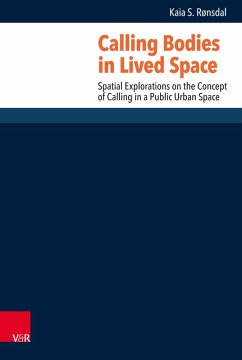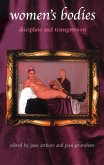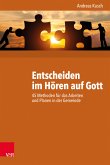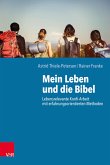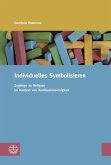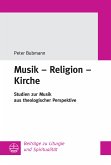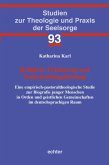It is an interdisciplinary contribution to the science of diaconia. The interest lies with the lives that diaconia traditionally have been concerned with and the spaces where these lives are lived, exploring the concept of calling through narratives of these lives and spaces. The book challenges and contributes to traditional and contemporary notions of calling as it is understood in the Scandinavian tradition. These notions, stemming from interpretations of Luther, place the calling among humans, as opposed to it being something exclusively divine and ecclesiastical. The discussion on the calling is enriched with concepts stemming from French sociology and human geography, primarily from H. Lefebvre and M. Foucault, as well as phenomenological contributions. These are concerned with the significance of body, space, urbanity, and spatial interpretation as space is a relational, formative phenomenon constituted in practice and interaction. Through methodologies developed from phenomenology and spatial theory, where the researcher subject is an evident embodied participant, detailed accounts from the field form the material, describing everyday life in an Oslo cityscape. From this material, the concept of calling is explored, developing the discussion from the perspective of the spaces of others. The assumption being that it is in the spaces where people meet and bodies respond to other bodies, whether marginalised or not, that calling may manifest itself. Through spatial analysis of the minute details of bodies and socialities in everyday life, new material for ethical considerations is explored. The analysis and discussion may enrich and further deepen the understanding of what takes place in public spaces, recognising them as a source of knowledge in a range of disciplines. These everyday encounters may also be described and analysed as contributions to the development of theory and praxis of diaconia.
Dieser Download kann aus rechtlichen Gründen nur mit Rechnungsadresse in A, B, BG, CY, CZ, D, DK, EW, E, FIN, F, GR, H, IRL, I, LT, L, LR, M, NL, PL, P, R, S, SLO, SK ausgeliefert werden.

